Posted on 2/1/2025
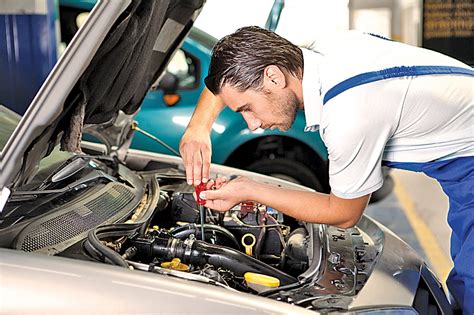
What Is a Tune-Up and Why Do I Need One? What do you think of when you are told your vehicle needs a tune-up? Does that mean an oil change? How about spark plugs or a filter? Maybe it means some kind of fuel injector cleaner labeled as “tune-up in a can”, or is it just a good inspection? It’s one of those automotive terms that can mean different things to different people. Let’s look back at what the term historically meant before we look forward to what it means now. Way back at the dawn of the automotive area, the Ford Model T was first unveiled in 1908. It was designed as a cost-effective vehicle that many people could afford. Introduced at $825, and due to the development of the assembly line, the price dropped down to $260 by 1925. These vehicles are simple in design but require significant maintenance to keep them operating at peak performance. With daily, weekly, and monthly maintenance schedules, the vehicle owner got to know their vehicle intimately. I ... read more
Posted on 12/5/2024
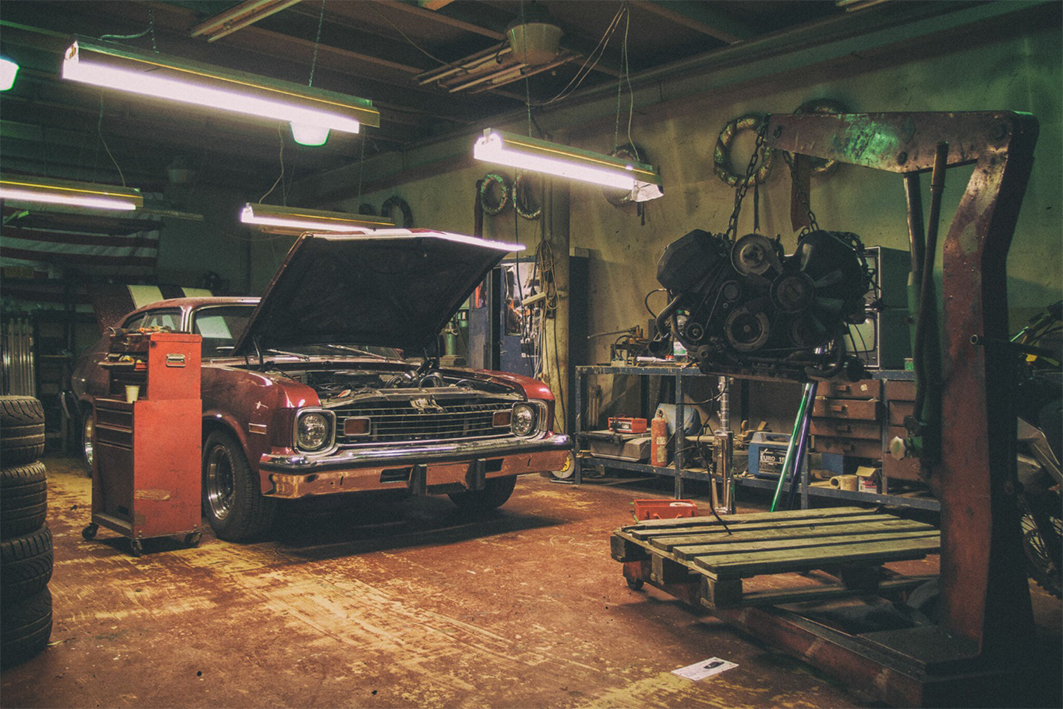
Can I Save Money by Fixing My Vehicle at Home? Bob says, “We can fix that wheel bearing next Saturday.” Which could potentially save you $600! Sounds good right? Who doesn’t like to save money? I know I do. The bigger question is, will you actually save money doing the repair yourself? Let’s start our story from the beginning and see how it plays out. You drive a 2010 Ford Edge, silver in color. It is your only car, and you use it every day. It makes a humming noise that gets louder the faster you go. You brought it to your local shop, and they told you that you have a front wheel bearing that has failed and needs replacement. They quote you about $650 to get it replaced. You freak out a little bit! $650 can’t be right! You look on-line and find the wheel bearing for about $25 plus shipping. Your buddy, Bob, says he knows how to fix it, and he can help you next Saturday. Great! You’re saving bank and Bob likes to be paid with beer. The only problem ... read more
Posted on 6/5/2024
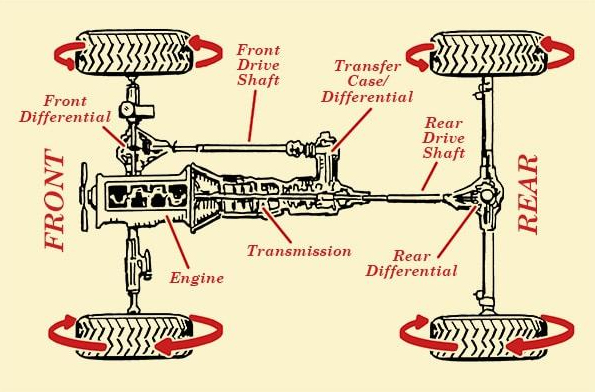
Driveline Service: What's the "diff"erence? Driveline, A.K.A drivetrain, service is easy to overlook. Driveline components are located under your vehicle and are easy to ignore. Making proper inspection and maintenance vital to the reliability and longevity of your vehicle. Failure to maintain these systems can lead to unneeded expense and downtime. The good news is most of these systems will last the life of the vehicle with proper maintenance. You can find the specific maintenance intervals for your vehicle in the owner’s manual. Remember to look at the “Severe Use” maintenance schedule. For more information as to why, see our BLOG from March 2024 “What do I need to know about Interval Service of my vehicle?” Let’s discuss each component and the industry’s best maintenance practices for each. Automatic Transmission: Automatic transmissions can be very costly to repair or replace. Regular maintenance is vital to the long ... read more
Posted on 3/3/2024
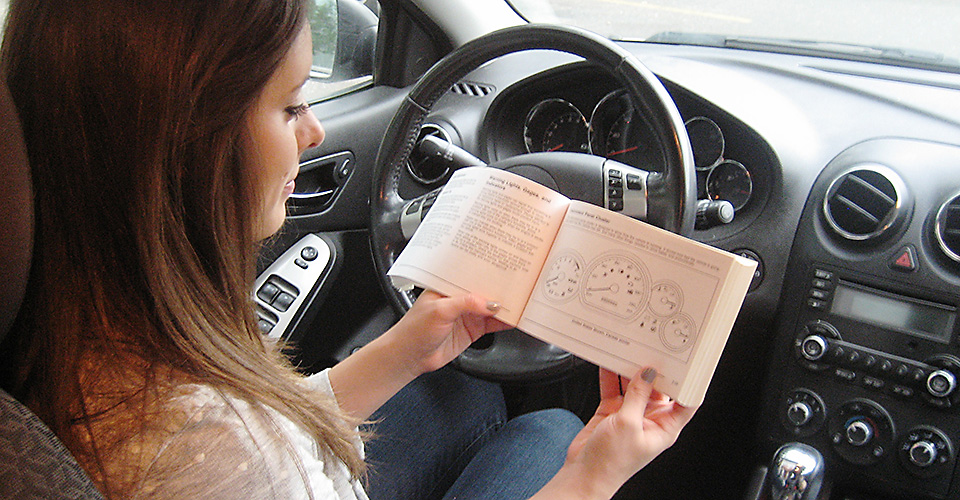
What do I need to know about Interval Service of my vehicle? Interval Service is what vehicle manufacturers call their maintenance schedules for their vehicles. The maintenance schedules are different for every manufacturer and can vary from model to model. The maintenance schedule for your vehicle is in the owner’s manual. I know, who looks at an owner’s manual anyway? Well, if you would like to get the maximum life from your vehicle investment, it would be a good idea. Here are a few key points to know before digging out your seldom/never used owner’s manual. The first thing to determine is how is your vehicle used. Is it considered “normal use” or “severe use”? You might be tempted to say, “I drive my car nice” or “I only drive to the store or work”. I must be a “normal use” driver, right? Most vehicles operated in the United States would be considered “severe use”. Read on to find out why ... read more
Posted on 1/10/2024
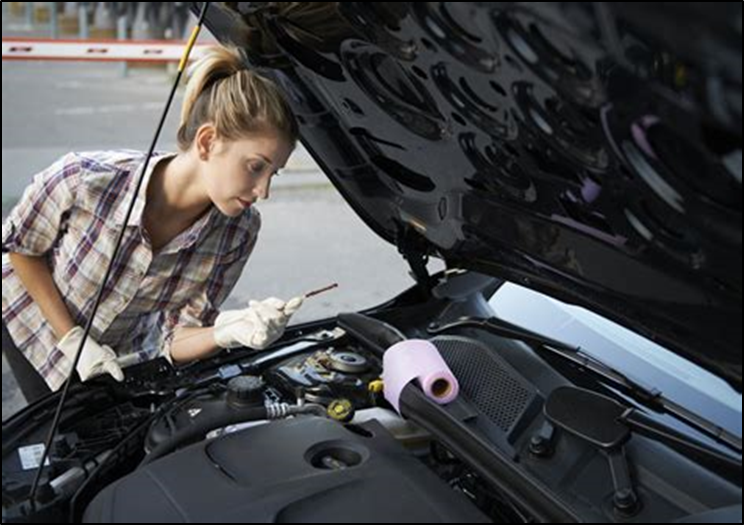
So, you purchased your first vehicle or are new to maintaining a vehicle. What do you need to know about keeping your vehicle reliable and on the road? What are the vital steps to take to make sure you can count on your vehicle when you need it most? Waiting until you are broke down on the side of the road is by far the most expensive way to maintain your vehicle. Here are some great ways to prevent that situation! 1. Get to know your vehicle. Each vehicle has its own quirks and peculiarities. Almost like a personality. Get to know the personality of your vehicle. Learn how to operate the systems that your vehicle is equipped with. It may have many creature comforts, but do you know how to use them? Your owner’s manual will have more details about each system related to your specific vehicle. Headlights. Know how to manually turn them on and off if the automatic function quits. Door Locks. It may seem silly but with most vehicles using power ... read more
Posted on 10/1/2023

What do I need to know about shocks and struts? Most modern vehicles provide the operator with a smooth and comfortable ride, thanks in part to your vehicle’s suspension system. A critical component of the vehicles suspension system are the shocks and struts. Often overlooked, these parts play a vital role in ensuring not only your comfort but also your safety on the road. Let’s explore what you need to know about shocks and struts. The Basics: Shocks vs. Struts Before getting into why you would need to replace either, it is important to understand the difference between shocks and struts. While they provide the same function in a vehicle, to dampen suspension oscillations, how they are incorporated into the vehicle suspension system is very different. Shocks (Shock Absorbers) These are usually hydraulic, and gas filled cylinders that control the bouncing motion of the vehicle tires and ... read more
Posted on 6/5/2023
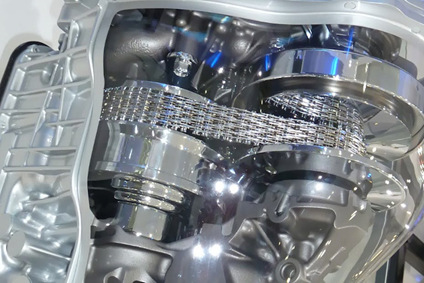
What is a CVT Transmission? CVT is short for Continuously Variable Transmission. They are a different twist on the automatic transmissions most of us are familiar with. Many auto manufacturers are now incorporating CVT transmissions into their smaller cars and light SUVs. The original concept for a CVT transmission was from none other than Leonardo DaVinci back in 1490. It wasn’t officially patented in the US until 1886 by Daimler and Benz. CVT transmissions are used in more than just automobiles. They are very common in snowmobiles, ATVs (Four wheelers), and UTVs (Side by sides). Mainly due to the simplistic design and compact size. What makes a CVT different from a regular automatic transmission? The short answer is gears. A regular automatic transmission starts out in a low gear and gradually shifts to higher gears as the vehicle accelerates. Think of it as an automatic version of a manual transmission. Each gear has a distinct, non-changing, gear ratio associated with it. If ... read more
Posted on 4/25/2019
Let's debunk some of the myths about diesel powered vehicles. 1. Diesel Burns Dirty This was true years ago. Since 2006, however, U.S. diesel vehicles have been required by law to use ultra-low-sulfur diesel or USLD. Modern diesels are soot-free and have a smaller carbon footprint. 2. Diesels Are Sluggish Not any more. They are as fast off the line as similar gasoline-powered cars. If your idea of fun is to spend an afternoon test-driving new cars, go take a spin in a diesel BMW or Porsche. 3. Diesels Are Loud Back in the day, you could hear a diesel motor from a mile away. Today's diesels run quiet. 4. Diesels Have a Bad Resale Value Actually, diesel vehicles have a lower depreciation rate. Another often-overlooked benefit is lower risk of fire. Diesel fuel is less flammable and won't explode like gasoline. Diesel engines require parts that are heavier and stronger. At Sanderson Auto, we occasionally service diesel cars and trucks with over 300,000 miles/500,000 kilo ... read more
Posted on 10/21/2015
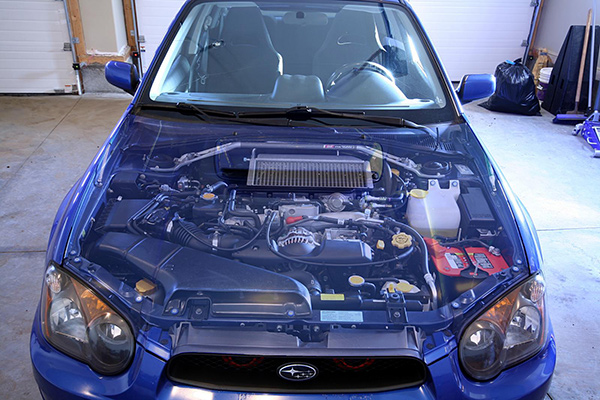
Basic Oil Change: 3,000 miles/Synthetic Oil Change: 5,000 miles or per manufacturer recommendation. Engine Air Filter: Dirty, contaminated air filters can restrict proper air flow and result in reduced engine performance, fuel economy, and damage air flow sensors. Have them replaced every 15, 000 miles! Cabin Air Filter: A restricted airflow affects the amount of air flowing through the ventilation system resulting in poor heating or cooling in the passenger compartment. In some cases the filter can start to mold, causing odors. Have it replaced every 15,000 miles! Brake Fluid Flush: Brake fluid absorbs moisture from the atmosphere, lowering the boiling point of the brake fluid, resulting in a soft brake pedal. Longer stopping distances, and can also cause internal corrosion on the master cylinder, anti-lock brake module, and calipers. This should be checked at about 30,000 miles. Fuel Injection/Induction C ... read more
Posted on 5/12/2015
Sometimes we hear Albert Lea auto owners say, "What's up with all this maintenance stuff? Modern cars just don't break down." While it is true that today's cars and trucks are extremely reliable, they are also becoming increasingly complicated and use more exotic materials than ever before. All that complexity demands higher tolerances for everything. For example, most Albert Lea motorists don't realize how high tech automotive fluids have become. Fluids like, engine oil, transmission fluid, coolant and brake fluid. Did you know that a modern engine would not run for more than a few months using motor oil formulas from 30 years ago? Today's automotive fluids contain a much higher percentage of additives to protect your vehicle's components from premature wear and corrosion. Time and miles march on for all of our cars. Please don't think we're using scare tactics to get you to take care of your maintenance - but here are some personal stories from AutoNetTV staf ... read more